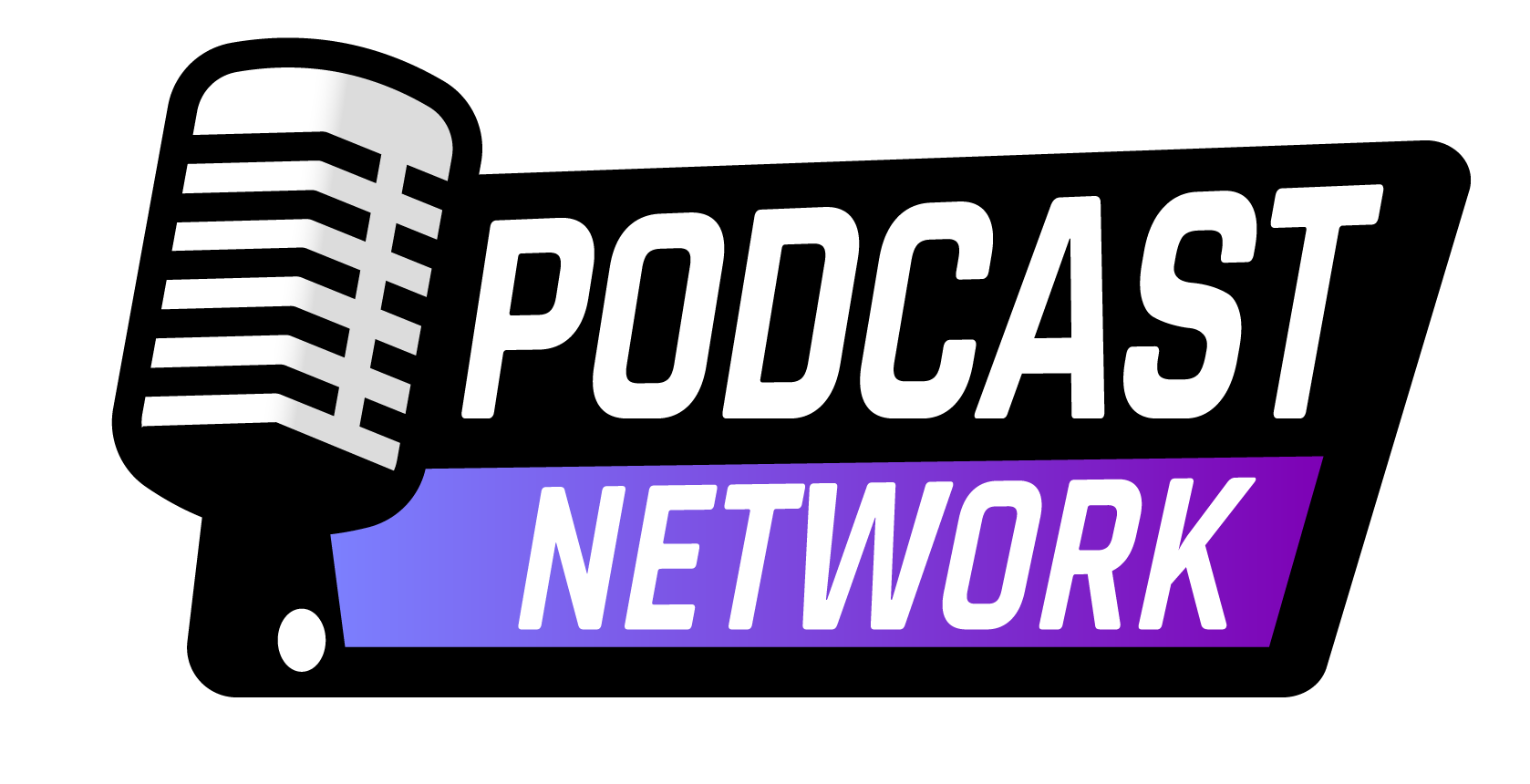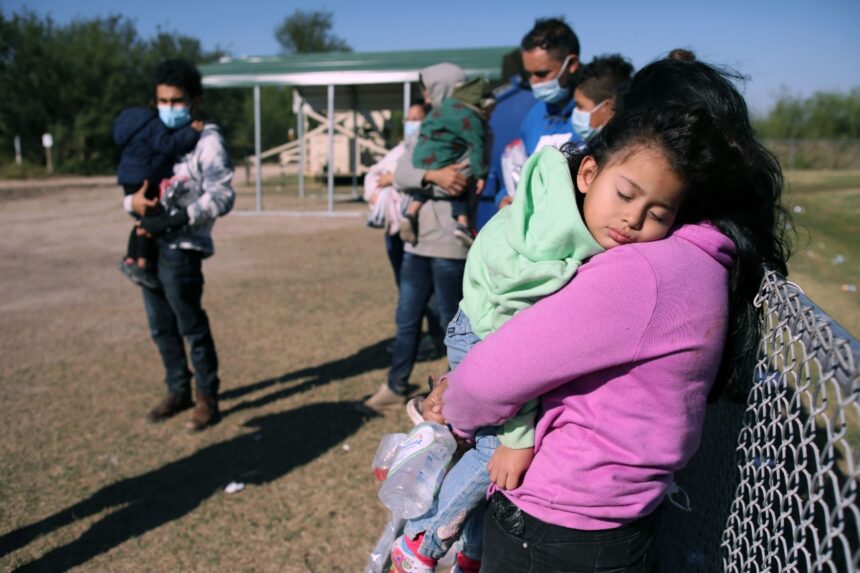The District of Columbia (D.C.) offers a variety of financial resources designed to support the immigrant community, including those in undocumented status.
We detail the main programs and organizations that provide financial assistance in the region, as well as the ways to access these benefits that can make a big difference in your life.
Financial assistance programs available

Temporary Assistance for Needy Families (TANF) Program: This federal program provides financial assistance to low-income families for basic needs such as food, housing and utilities. In D.C., immigrant families who meet certain criteria may be eligible to receive these benefits.
Supplemental Nutrition Assistance Program (SNAP): Formerly known as food stamps, SNAP provides food assistance to low-income individuals and families. Although eligibility may vary based on immigration status, some immigrant families may qualify for this program in D.C.
Emergency Medicaid: This program provides emergency medical coverage for individuals who do not qualify for regular Medicaid because of their immigration status. Covered services include emergency medical care and certain medically necessary treatment for serious medical conditions.
Low Income Home Energy Assistance Program (LIHEAP): LIHEAP helps low-income families cover heating and cooling costs, ensuring a safe and healthy home environment. Eligibility is based on each household’s income and specific needs.
Local organizations providing assistance

Washington Immigrant Resource Center (WIRC): WIRC provides information and assistance in areas such as citizenship, permanent residency, financial assistance and education. It serves as a one-stop resource for immigrants seeking support in D.C.
Catholic Charities of the Archdiocese of WashingtonThis organization provides a variety of services, including immigration legal assistance, employment programs and emergency financial support to individuals and families in need.
Outreach: Provides legal, educational and social services to low-income immigrants in D.C., focusing on protecting the rights and welfare of the immigrant community.
It's always important for immigrants to be informed of the resources they can access
QuéOnnda.com
How to access these resources

Assess eligibility: Each program has specific eligibility criteria based on factors such as income, household size and immigration status. It is essential to review these requirements before applying.
Gather necessary documentation: Generally, documentation is required which may include photo identification, proof of income, utility bills and proof of residency.
Completing the application: Many applications are available online or in physical format. It is important to fill out all required fields and provide accurate information to avoid delays in the process.
Seek advice: Local organizations, such as those mentioned above, can offer assistance in the application process, helping applicants navigate specific requirements and procedures.
Submitting the application: Once completed, the application must be submitted to the appropriate agency, either online, by mail or in person, according to the program’s instructions.
Important considerations

Confidentiality: Many organizations and programs guarantee the confidentiality of the information provided by applicants, protecting their privacy and security.
Policy updates: Policies and eligibility for certain programs may change. It is advisable to keep informed through official sources and local organizations about any updates.
Legal Advice: For those facing challenges related to their immigration status, seeking legal advice may be beneficial to better understand their rights and available options.
Washington, D.C., has a variety of resources and programs designed to support the immigrant community in their financial and welfare needs.
By taking advantage of these services and staying informed about available options, immigrants can access the assistance they need to integrate and thrive in the community.
It is essential to take the initiative to explore and utilize these resources to ensure a better quality of life and stability in the new environment.
Find out more at QueOnnda.com.














